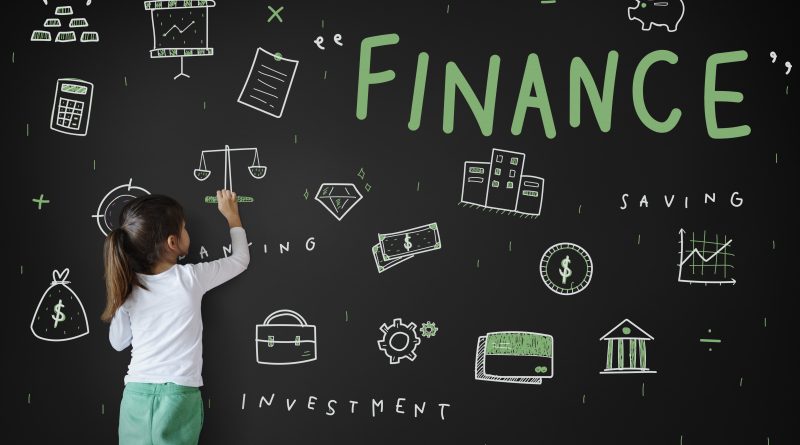5 fintech startups qualify for investment under ING-UNICEF initiative in the Philippines
Five start-ups that are building financial technology (fintech) solutions have been chosen to receive equity-free investments, as well as technical and business mentorship, for one year under the ‘Fintech for Impact’ initiative of ING Bank and UN children’s agency UNICEF.
The global initiative, launched in the Philippines last year, seeks to support start-ups developing digital solutions that aim to empower young people, children and families.
The five start-ups selected are:
- Agrabah, which is building a digital platform that connects farmers and fisherfolk directly to buyers and loans, providing them greater autonomy, and their families improved financial resiliency;
- BeamAndGo, which is adding to the functionality of their remittance-based platform to help migrant workers (including overseas Filipino workers) and their families better manage their finances and make responsible spending decisions for the household;
- Educ4All: InvestEd, which connects students to educational loans, and will be producing a set of financial education and transition-to-adulthood courses that will guide graduates into meaningful employment and financial stability;
- Reach52, which is expanding their set of apps that provide affordable microinsurance, healthcare and health products to rural communities, as well as livelihood opportunities, to local women; and
- Saphron, which seeks to empower grassroots microinsurance agents to collect accurate, efficient data with a powerful new AI-enabled platform. All investments are in open source technology and content, to allow the tools to be adapted and re-used in other contexts.
“In the Philippines, over nine million children live below the poverty line. They not only suffer from poor health and nutrition but also miss out on opportunities later in life such as education, training, work, and entrepreneurial opportunities. The Covid-19 pandemic has exacerbated these existing challenges for the most vulnerable. Health systems are overwhelmed, borders have closed, and families have been struggling to stay afloat,” said UNICEF Philippines Representative Oyunsaikhan Dendevnorov.
As the world starts thinking about how to build back better after the pandemic, investments in fintech solutions for the most impacted communities present both challenges and opportunities. New digital financial tools need to be designed responsibly and address the specific needs of young people, children, and families, to help build economic security, encourage more equitable access to services and lift the financial barriers to opportunities for improving their lives.
“Financial services have been expanding quickly. Governments are also pushing for greater inclusivity in financial services including families and young people. Digital financial platforms allow for wider financial services, while providing social protection,” explained ING Philippines country manager Hans B. Sicat. “This is why we have partnered with UNICEF to help develop fintech solutions by providing an equity-free investment, and mentoring early-stage open source start-ups in the Philippines.”
The investment supports open source solutions that contribute to a growing body of digital public goods that can advance society.
To know more about the start-ups and follow their progress, check out: www.fintechforimpact.com.
Other stories:




